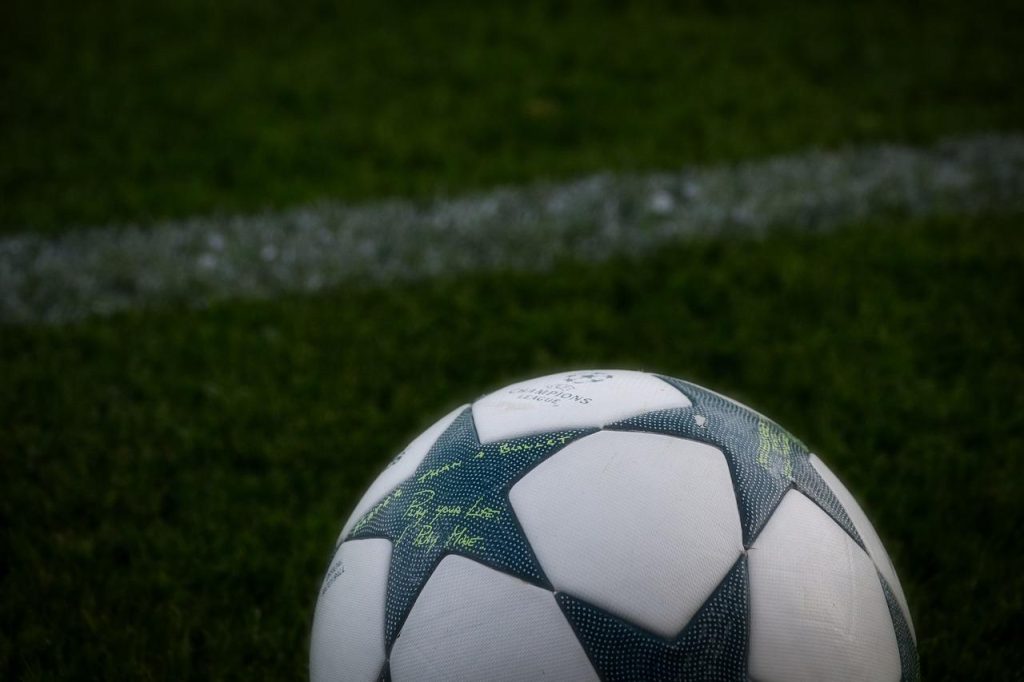In the high-stakes world of international football, the Club World Cup often sparks passionate debate, with opinions divided on its significance and scheduling. Recently, legendary Bulgarian forward Hristo Stoichkov has added his voice to the discourse, challenging the criticisms leveled by prominent managers Jürgen Klopp and Francesco Maresca. In a candid reflection, Stoichkov argues that dismissing the tournament overlooks its unique value and the honor it bestows upon clubs worldwide. This article delves into Stoichkov’s perspective, unpacking why he believes Klopp and Maresca’s assessments miss the broader essence of the Club World Cup.
Stoichkov Defends Club World Cup’s Role in Global Football Development
Hristo Stoichkov passionately defended the Club World Cup, emphasizing its invaluable contribution to the global football landscape. Against the backdrop of criticism from prominent figures like Jurgen Klopp and Francesco Maresca, Stoichkov highlighted how the tournament serves as a bridge between continents, providing diverse clubs and players a platform to showcase their talent on an international stage. Far from being a superfluous event, he argued, the competition fosters not only sporting excellence but also cultural exchange and unity through the beautiful game.
According to Stoichkov, dismissing the Club World Cup ignores a few critical benefits it brings to the football community, such as:
- Exposure for emerging markets, elevating local leagues and inspiring young athletes globally.
- Financial growth for smaller clubs that might otherwise struggle to compete at this level.
- Opportunity for tactical innovation by combining diverse playing styles from different regions.
Stoichkov’s stance underlines the importance of embracing rather than belittling events that nurture football’s global evolution and inspire future generations worldwide.
Analyzing Klopp and Maresca’s Criticisms from a Tactical Perspective
At the heart of Jürgen Klopp and Stefano Maresca’s critiques lies a fundamental misunderstanding of the strategic demands imposed by the Club World Cup’s unique format. The tournament challenges coaches to adapt swiftly, blending styles from different confederations, which contrasts sharply with the predictability of regular league play. Klopp’s complaints about fixture congestion overlook the tactical nuance required to maintain peak performance across diverse opponents and varying conditions, where rotation is not merely a necessity but a strategic weapon. Similarly, Maresca’s tactical skepticism misses how flexibility in formations is critical for navigating the tight knockout structure, requiring a blend of pragmatic defensive solidity and opportunistic attacking fluidity that the champions of the tournament must master.
From a tactical vantage point, Klopp and Maresca’s criticisms undervalue key elements that define success in global competitions:
- Adaptive Game Management – The ability to switch between pressing intensity and controlled possession based on varied playing styles.
- Squad Depth Utilization – Rotating key players without compromising team cohesion to maintain energy and tactical sharpness.
- Strategic Set-Piece Execution – Leveraging moments that can decisively influence tightly contested matches.
- Psychological Resilience – Preparing players to reset quickly after travel and time zone changes, essential for mental agility on the pitch.
These components underscore why Stoichkov believes such global contests are far from a mere scheduling burden-they are, in fact, a tactical crucible that tests and ultimately refines a coach’s strategic acumen.
The Strategic Importance of Club World Cup for Top European Clubs
For elite European clubs, the Club World Cup represents more than just another fixture on the calendar – it is a prestigious platform that encapsulates both glory and global influence. Far from being a mere formality, the tournament offers an opportunity to assert dominance beyond continental boundaries and enhances a club’s brand internationally. The competition serves as a unique battleground where tactical innovation and squad depth are tested against the very best from other confederations, providing invaluable experience that can’t be replicated through domestic leagues or traditional European competitions.
Furthermore, the strategic benefits extend into areas crucial for long-term success, including:
- Global market expansion through increased visibility and fan engagement in emerging football markets.
- Commercial opportunities
- Player development as athletes gain unique challenges that refine skillsets and boost mental resilience.
- Enhanced club prestige by joining an elite cadre of teams that have etched their names in global football history.
Critics often overlook these nuanced advantages, but clubs that embrace the tournament strategically position themselves not only as sporting champions but also as global football powerhouses.
Recommendations for Constructive Dialogue Around International Football Competitions
Engaging in meaningful conversations about international football competitions demands an approach grounded in respect and open-mindedness. Stakeholders-including coaches, players, and fans-should strive to avoid reactionary judgments, especially when voiced publicly. Instead, cultivating a more balanced dialogue involves:
- Considering diverse perspectives that reflect different cultural, tactical, and organizational realities across clubs and nations.
- Focusing on constructive critique that aims to enhance the game rather than undermine the efforts of organizers or participants.
- Prioritizing facts and informed analysis over emotional or biased remarks to enrich understanding.
To foster a healthier discourse around events like the Club World Cup, it’s essential to recognize the competition’s evolving role within global football. Acknowledging the challenges while highlighting its potential to unite diverse footballing traditions can open pathways to collaborative improvements. Encouraging dialogue that emphasizes solutions rather than finger-pointing helps preserve the sport’s integrity and celebrate its universal appeal.
In the heated world of football, where opinions clash as fiercely as the players on the pitch, Stoichkov’s perspective serves as a compelling reminder of the broader picture. While Klopp and Maresca’s critiques of the Club World Cup resonate with some, Stoichkov challenges us to look beyond immediate frustrations and appreciate the evolving landscape of the sport. Ultimately, the debate underscores football’s enduring capacity to inspire passionate discourse-proof that even in disagreement, the beautiful game continues to unite fans, players, and legends alike in its relentless pursuit of excellence.


